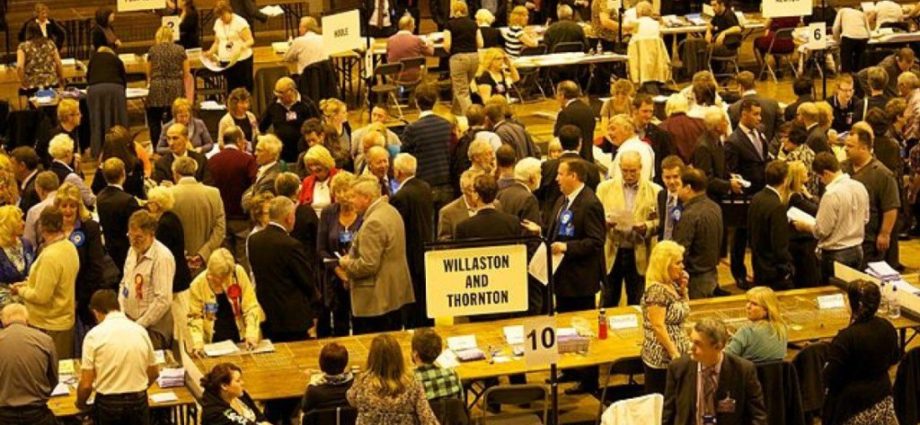
The debate around which electoral system is better for a country has been continuously being discussed among both academics and politicians through several years. In this article we will discover why this is the case.
What do these terms mean?
The first past the post system is where voters cast their vote for a candidate of their choice, and the candidate who receives the most votes win, even if that candidate has less than 50% of the vote overall.
Proportional representation essentially means that the share of seats a party wins matches the share of votes it receives. There are many different systems of Proportional Representation, such as the ‘alternative vote’ method This means that instead of indicating support for only one candidate, voters can rank the candidates in order of preference. Ballots are initially counted for each voter’s top choice. If a candidate has more than half of the vote based on first choices, that candidate win and if not, then the candidate with the fewest votes is then eliminated.
What are the advantages of Proportional Representation?
Advocates for PR would state that this system is fairer than its counterpart as it completely represents the votes that each political party receives in an election. Meaning that the elected body will more likely represent more within society than first past the post.
It can also be said that coalitions that are usually formed between political parties in a PR system are very good for a democracy. It’s the thought that it gives the opportunity for a group representing a minority group to voice their opinion within the government. Therefore, making the government much more representative of the range of opinions within the country.
What are the disadvantages?
On the other hand, opponents of PR would conclude that it may lead to very unstable governments or may limit the ability of said governments to make changes. For example, in Israel there have been four legislative elections since April 2019 due to the formation of weak governments that kept hitting walls in terms of cooperation, therefore leading to the government achieving very little.
What are the advantages of first past the post (FPTP)?
Proponents of this system would argue that this system will result in strong governments with the norm being a single party holding a majority in a parliament. In contrast to PR this means that the government will be able to make changes with it being unlikely for it to be disrupted.
What are the disadvantages?
However, some believe that this system completely misrepresents the views of voters. A good example of this is the 2015 United Kingdom general election where the Conservative Party got 36.9% of the vote but 50.8% of the seats. This shows how despite most voters choosing another party to vote for a party with the minority of votes can control most of parliament.
As this system only permits one winner to be chosen in one constituency, this may result in thousands of votes end up being completely wasted. For example, in the 2005 United Kingdom general election, 52% of votes were for losing candidates. This could then have the knock-on effect of undermining the turnout of future elections, as some would see the lack of a point in voting if they do not count.
Can Proportional Representation be implemented in the UK?
At least in the short term this may seem very unlikely as the country had the opportunity to do away with the first past the post system. This was on 5 May 2011 where an Alternative Vote referendum took place due to being a provision of the Conservative–Liberal Democrat coalition agreement drawn up in 2010.
In this referendum there was a choice between that of the status quo (first past the post) and a system known as the ‘alternative vote’ (AV) method.
The results of the referendum however rejected the implementation of the AV method with 67.9% of people voted no with a 42.2% turnout. Showing that there was not much demand or interest about the issue amongst the populace, insinuating the change to proportional representation being very unlikely.
Despite this there are national movements such as Make Votes Matter who are for apply Proportional Representation into the UK voting system. With some separate aims such as securing a commitment to PR from the Labour Party, which appears to be gaining momentum as according to The Independent three-quarters of Labour members believe the party should commit to supporting proportional representation and adopt it as a policy.
Please follow us on social media, subscribe to our newsletter, and/or support us with a regular donation


